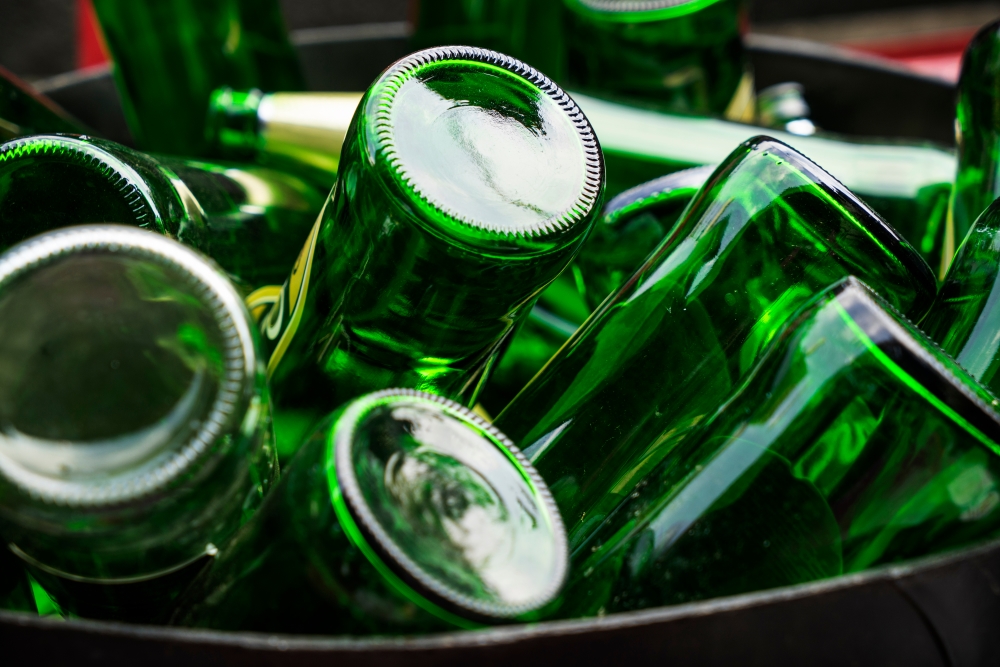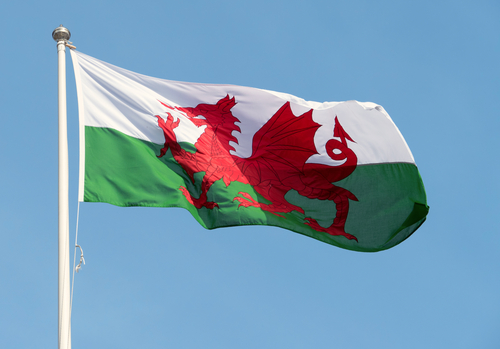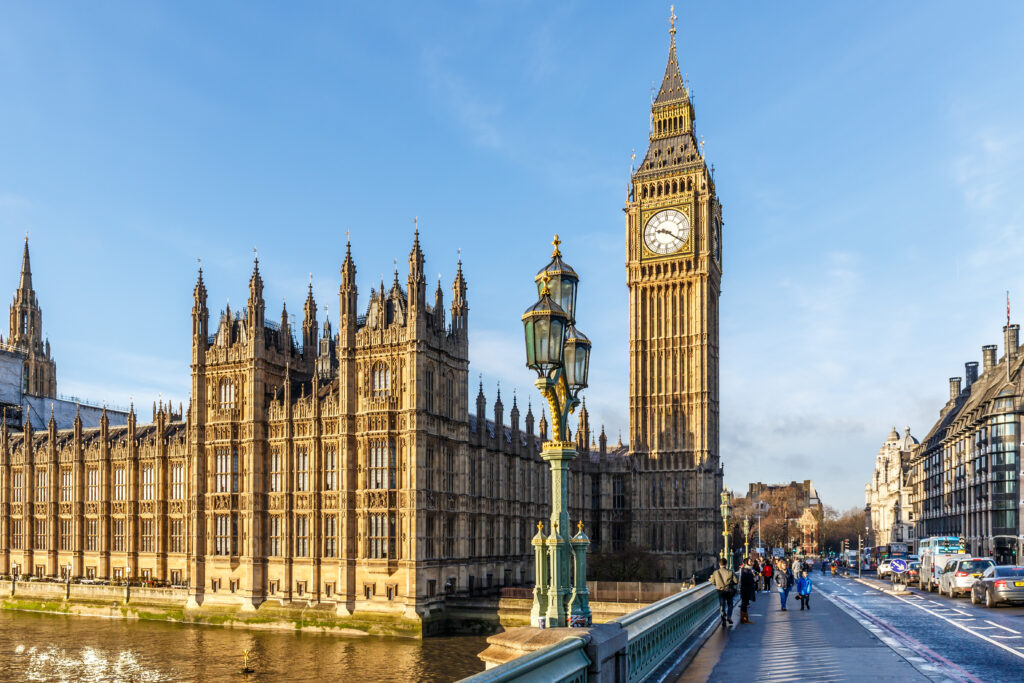The approach would focus on reducing the most prevalent types of litter at source before they have a chance to enter the sea through future policy and legislation.
The report – Marine Litter: An assessment of controls and progress in Scottish seas – said that the approach could help reduce the impact of plastic bottles, wet wipes, pellets and microplastic fibres from clothing and textiles.
As an example, it called for greater integration between the Scottish government’s “Marine Litter Strategy” and the “National Litter and Flytipping Strategy” could help to reduce land-derived litter at source before it reaches the sea.
Mark Roberts, CEO of ESS, said: “Marine litter is a problem in Scotland endangering our marine species, spoiling our beaches and introducing potentially harmful microplastics into the human food chain. The latest assessments show a failure to meet statutory targets designed to improve the situation.
“Today we are calling on the Scottish government to embed a ‘source-to-sea’ approach to tackle the problem. This requires legislation and policy to be developed that considers the relationship between land and sea. Most marine litter comes from the land so we need to stop litter at its source, before it reaches the marine environment.
“ESS has also found that there are several limitations to the current monitoring programmes for assessing marine litter under the UK Marine Strategy. As a result, we are recommending that the Scottish government work with the UK government to agree a monitoring programme – underpinned by a statutory framework – to ensure future monitoring of marine litter is effective and resilient.”
Although data is limited, the most recent assessment of beach litter indicated that levels in Scotland are worse than the rest of the UK with 919 items found per 100 metres of shore. A study carried out in Orkney showed 80% of marine life collected from the seagrass beds contained microplastics.










Subscribe for free